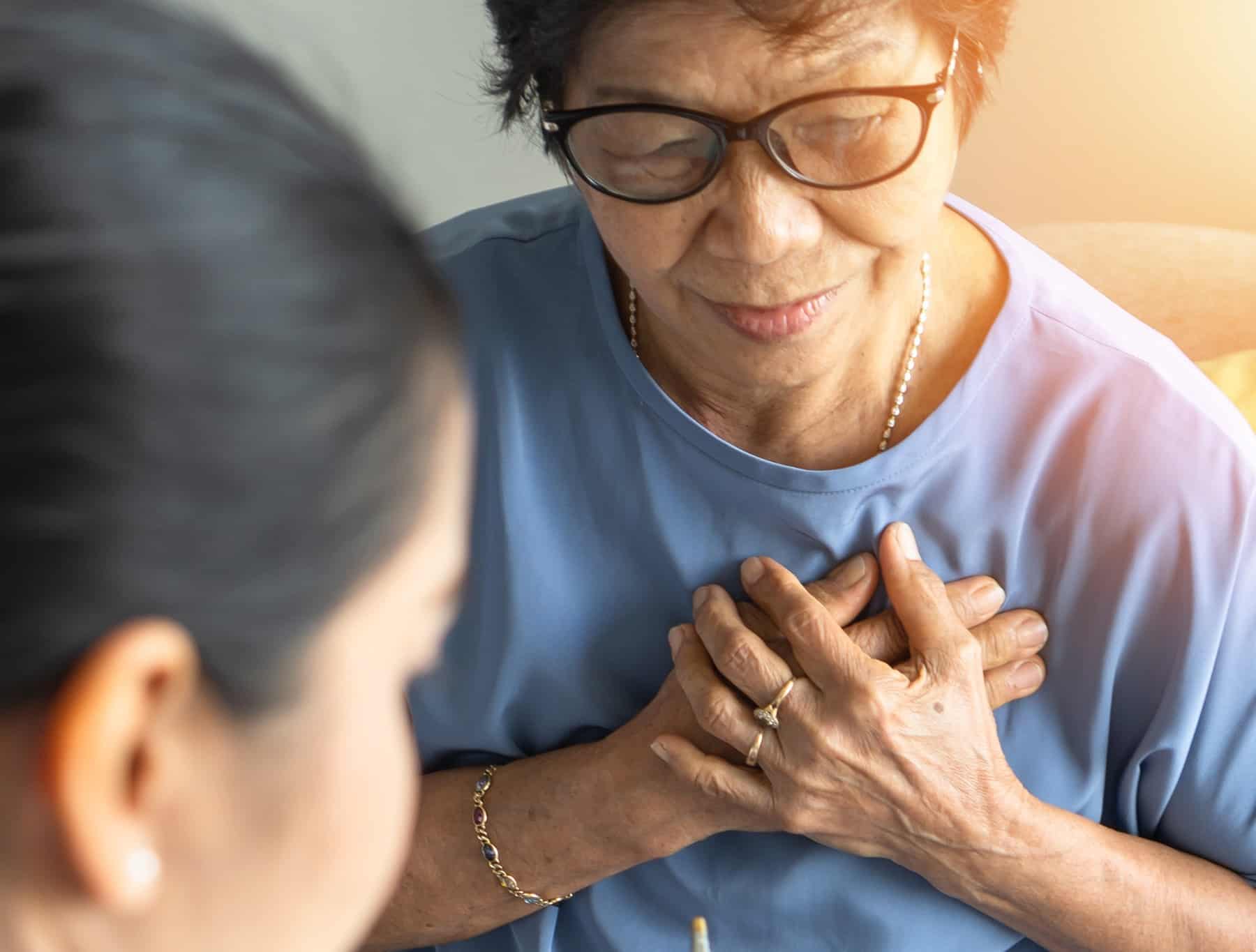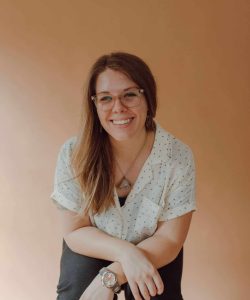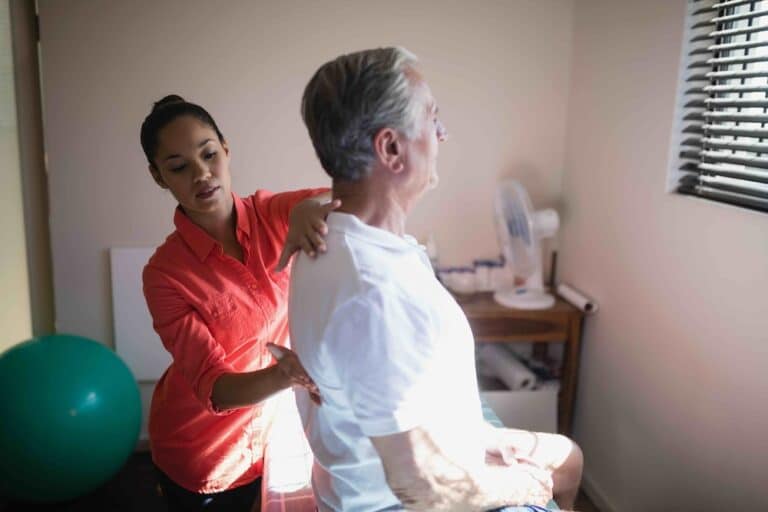Coronary Artery Disease (CAD) refers to narrowing of arteries over time. When arteries get too narrow, the heart isn’t able to get enough blood flow.
Why is this important?
Well, our blood doesn’t contain just red blood cells; it also transports important nutrients and oxygen that our cells need to survive and function. When cells don’t get these nutrients and oxygen, they die. This is ultimately what CAD is – various stages of cell death due to lack of blood flow to the heart muscle cells. In this article, we’ll dive into what causes arteries to narrow, what risk factors contribute to CAD, and some warning signs of CAD to watch for.
What causes arteries to narrow?
Ultimately, the narrowing of coronary arteries (the arteries that feed blood back to the heart) happens because of plaque build-up in those arteries. Plaque forms as a result of damage to the arteries from high blood pressure, accumulation of fatty cells and cholesterol cells in the area, or chronic inflammation damaged arteries, smoking, or metabolic diseases. Most often, it’s a combination of some or all of these causes that leads to plaque building up in the arteries.
There are several risk factors that lead to CAD, including:
- High blood pressure
- High cholesterol levels – especially LDL and VLDL
- High triglyceride (a type of fat cell) levels
- Diets high in saturated fat and low in fiber
- Diabetes
- Smoking
- Sedentary lifestyle
- Obesity
- Chest pain in the center of the chest that feels like pressure or squeezing
- Chest pain with exercise or activity, but improves with rest
- Chest pain starts at a low intensity, then reaches maximum intensity within minutes (not seconds)
- Chest pain may extend to the left shoulder or left jaw
- Palpitations (a fluttering sensation in the chest)
- Nausea
- Heartburn
- Shortness of breath – although more common in women and elderly patients
Signs of advanced CAD:
- Crushing chest pain
- Chest pain may radiate to jaw or shoulder
- Chest pain escalates and does not improve with rest
- Sweating
- Nausea
- Fainting/feeling like you’re about to faint
- Physical weakness
- Fatigue
- Shortness of breath
If you have chest pain, you’re concerned that you may have CAD, or may be at risk for CAD, talk to your doctor. Your doctor will likely do some blood tests to look at your blood levels of cholesterols and triglycerides. They may also look at your blood sugar levels depending on the rest of your symptoms and risk factors, and they may want to do an EKG to evaluate your chest pain. In more severe cases of CAD like heart attack, surgery may be required if the artery blockage and damage to heart tissue are severe. Your doctor can help determine if lifestyle changes like diet, exercise, and smoking cessation are enough for you to treat or prevent early CAD, or if medications are needed to get back on track. To learn more about CAD progression, check out my class on CAD. I also have a class about screening bloodwork tests and what they look for.
Burnalong (www.Burnalong.com) provides an end-to-end wellness solution focused on helping people achieve their human potential; through a scalable digital platform, social support and motivation, proprietary data and analytics, and AI. People can take classes alone or live with others where they can see and hear each other, and join communities, for added social motivation. Our platform includes access to more than 35,000 live and on-demand classes, taught by 7,500+ instructors, across 60+ categories (spanning physical, emotional, and financial wellness, including programming for chronic conditions, prenatal, children, and disabilities), reflecting the diversity, and diversity of needs, of the population.
Dr. Hannah Schroeder ND is a naturopathic doctor licensed to practice medicine in the state of Arizona. Schroeder is an Arizona native and graduate of Sonoran University of Health Sciences. She currently practices and teaches at the Sonoran University Medical Center as a full-time faculty instructor of clinical studies. She completed a 2-year residency in General Family Medicine at a naturopathic teaching clinic where she developed a love of teaching students and providing care for patients. She has additional training in herbalism, completing a 96-hour introductory herbalist apprenticeship and an additional 36-hour herbalism course in gynecological and menstrual concerns. Dr. Schroeder focuses on lifestyle modification to optimize energy and vitality naturally and prioritizes realistic, sustainable changes to ensure life-long health practices.






